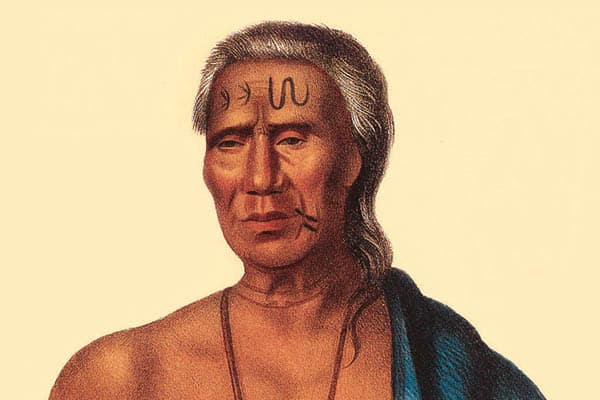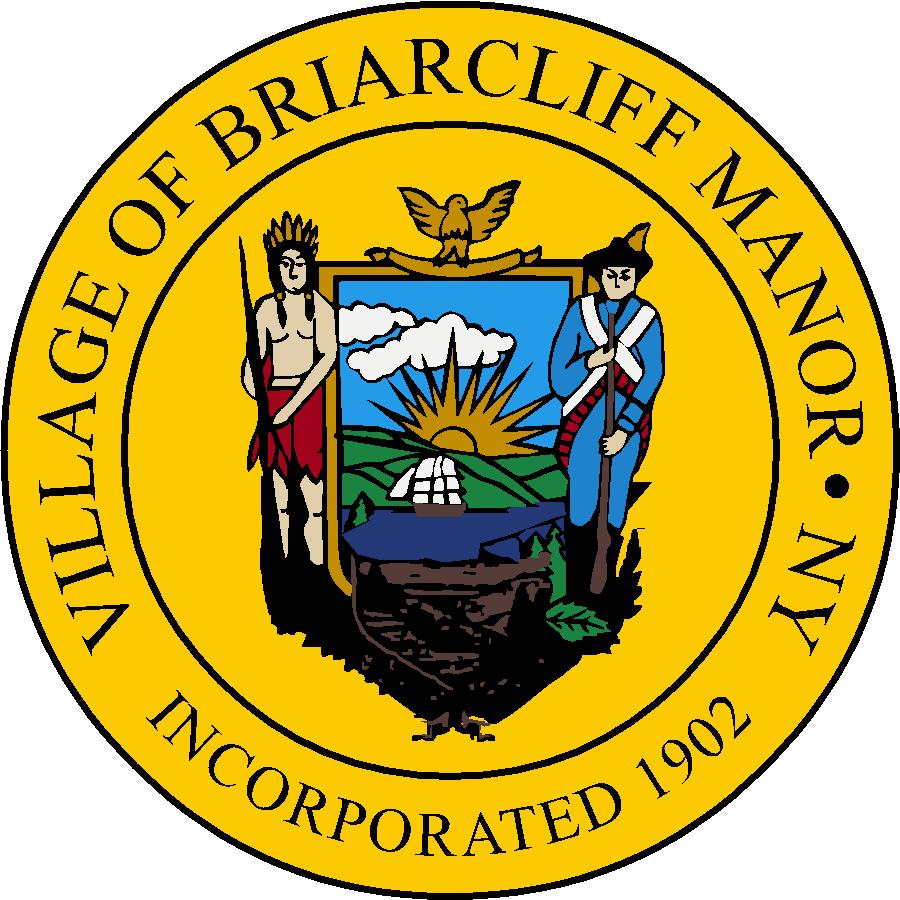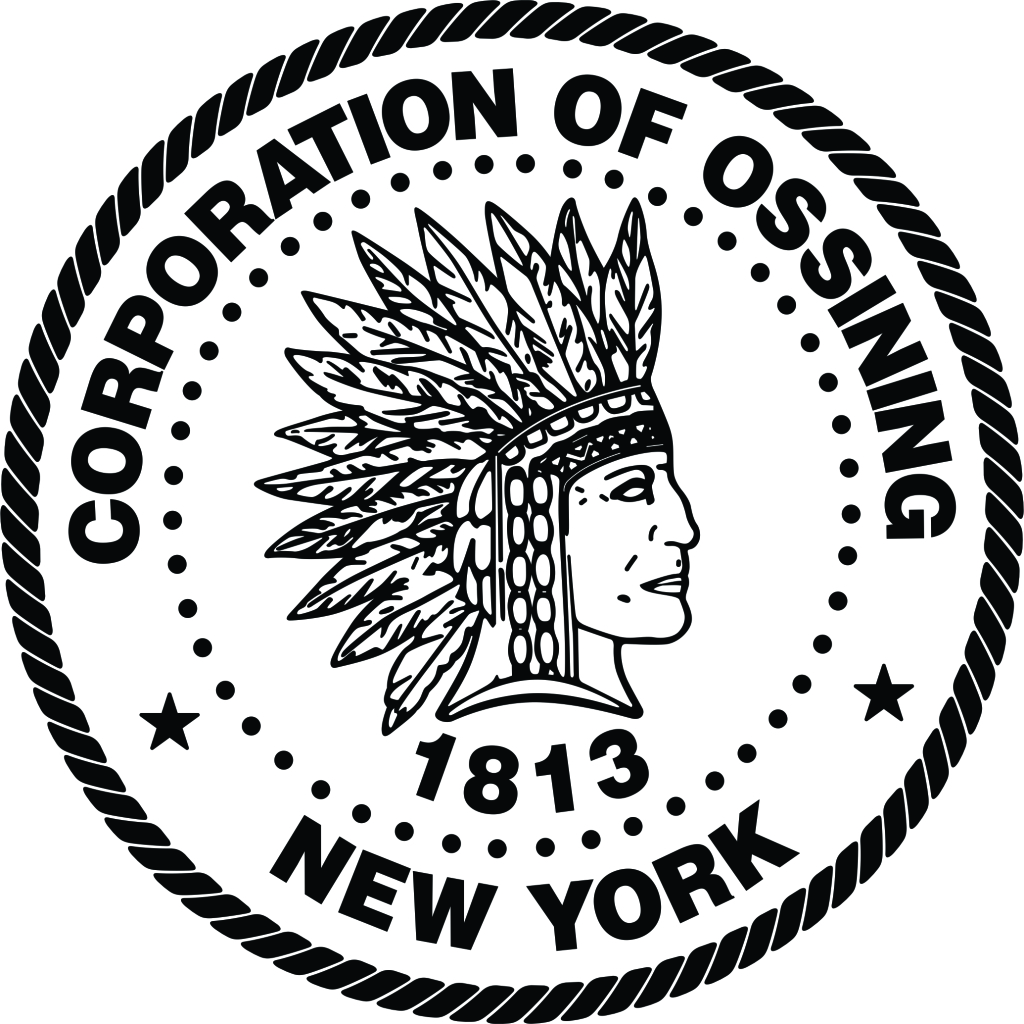The Native American Tribes of Westchester County NY – The Original Westchesterites
Before Europeans Giovanni da Verrazzano and Henry Hudson arrived in Westchester in 1524 and 1609, the Native American tribes of Westchester County NY lived in the same towns where we do today.
Westchester’s natives were known as the Wappinger People, whose confederation of tribes stretched from the eastern banks of the Hudson River, northern Dutchess County, down through Westchester, eastward into Connecticut, and to the Long Island Sound, according to MountGulian.org.
The Wappinger People spoke an eastern-Algonkian language and were related to the Lenape People of Delaware, the Mahicans in the north, and the Metoac of Long Island.
MountGuilian.org reports that Native American tribes of Westchester lived in New York’s Hudson Valley for more than 10,000 years. After the Ice Age, local Native Americans lived in seasonal camps and hunted for meat, fur, feathers, and bones for food, tools, weapons, and decoration, and also gathered fruits and vegetables.
They fished in the Hudson River and smaller water bodies using bone hooks, harpoons, and nets. They made canoes from dug-out logs, lived in long houses, and ate turtles, squirrels, and turkeys.
Bowls and pots were made of stone and later from clay found in the Hudson River. Westchester Native Americans eventually developed agricultural systems to grow tobacco, squash, beans, and corn, known as “The Three Sisters,” which were reliable crops that had spiritual significance.
By the time Henry Hudson made contact with Native Americans in 1609, the natives had lived there for at least 3,000 years.
“He reported that these people were healthy looking, for the most part friendly, independent-minded and numerous on both sides of the river,” says MountGulian.org.
Once the settlers came, most Wappingers either moved away from the settlers, died from diseases brought by the settlers, dropped their traditions to join frontier culture, died in war, or were sold into slavery.
Still, the tribes of Westchester managed to persevere. Groups like the Siwanoy still belong to tribes and remain on their ancestral New York land.
These were the tribes that inhabited Westchester, according to Wikipedia:
- Manhattans = Manhattan and Yonkers
- Weckquaesgeek = Rivertowns and White Plains
- Siwanoy = Sound Shore(Pelham, New Rochelle, Larchmont, Mamaroneck and Rye)
- Tankiteke, Kitchawank, and Sintsink = Northern Westchester
Evan Pritchard’s The Major Algonquin Nations Throughout North America and What They Call Themselves, on The Center for Algonquin Culture’s website, an organization he founded, breaks Westchester’s tribes down into groups:
- Kitchewan (now Croton, Wapp. R)
- Meahagh (now Cortlandt)
- Alipconck (now So. Tarrytown, Weck)
- Katonah (after Wapp. Chief)
- Oscawana (near Cortlandt)
- Sintsink (Ossining, Spoke Wapp.R)
- Quarropus (now White Plains, Siwanoy)
- Muskatow Pequenahunc (now No. Salem)
- Toquam (Pound Ridge, Kitchewan R)
- Tuckahoe, (“Jack-in-the-Pulpit” ie “A root that’s good to eat”)
- Pokerhoe (No. Tarrytown, Sintsink R)
- Shonanocke (Rye, R speakers)
- Ammawalk Nanichkestawak (Somers)
- Armonk (from Warramaug)
- Petuquepaen (now Somers)
- Cantitoe (now Bedford)
- Mamaroneck (“Stripes on His Arms” Mamaroneck)
- Hoseco (Port Chester)
- Kisco (now New Castle)
- Poningoe, (Rye, on Manursing Is.)
For more information on Westchester’s Native American heritage, you visit: mountgulian.org/wappinger.html and can check out Pritchard’s books:
- Natives New Yorkers: The Legacy of the Algonquin People of New York
- Henry Hudson and the Algonquins of New York
*This article was made with the intention of love and understanding. Please advise us of and forgive any misrepresentation or misunderstanding



